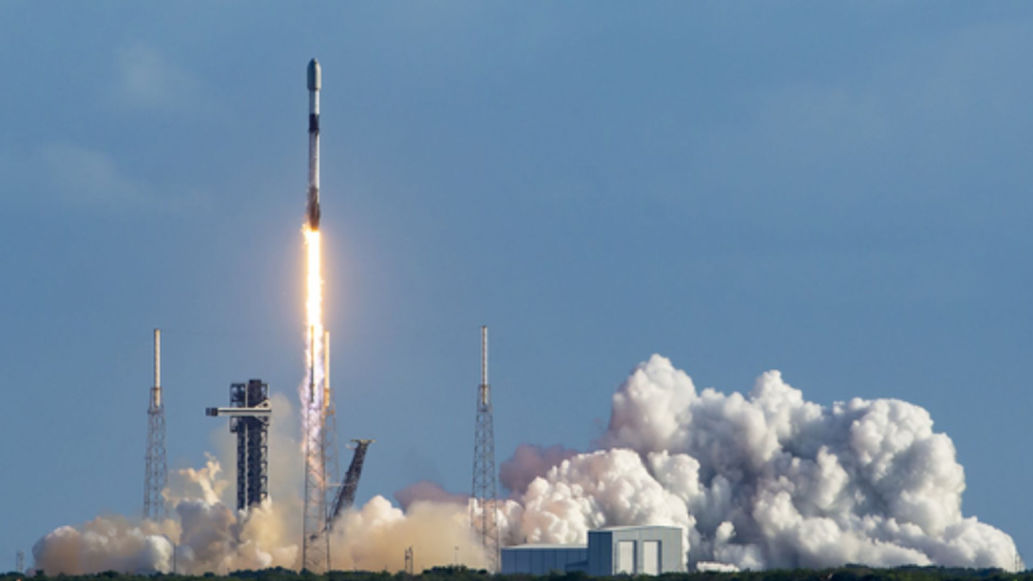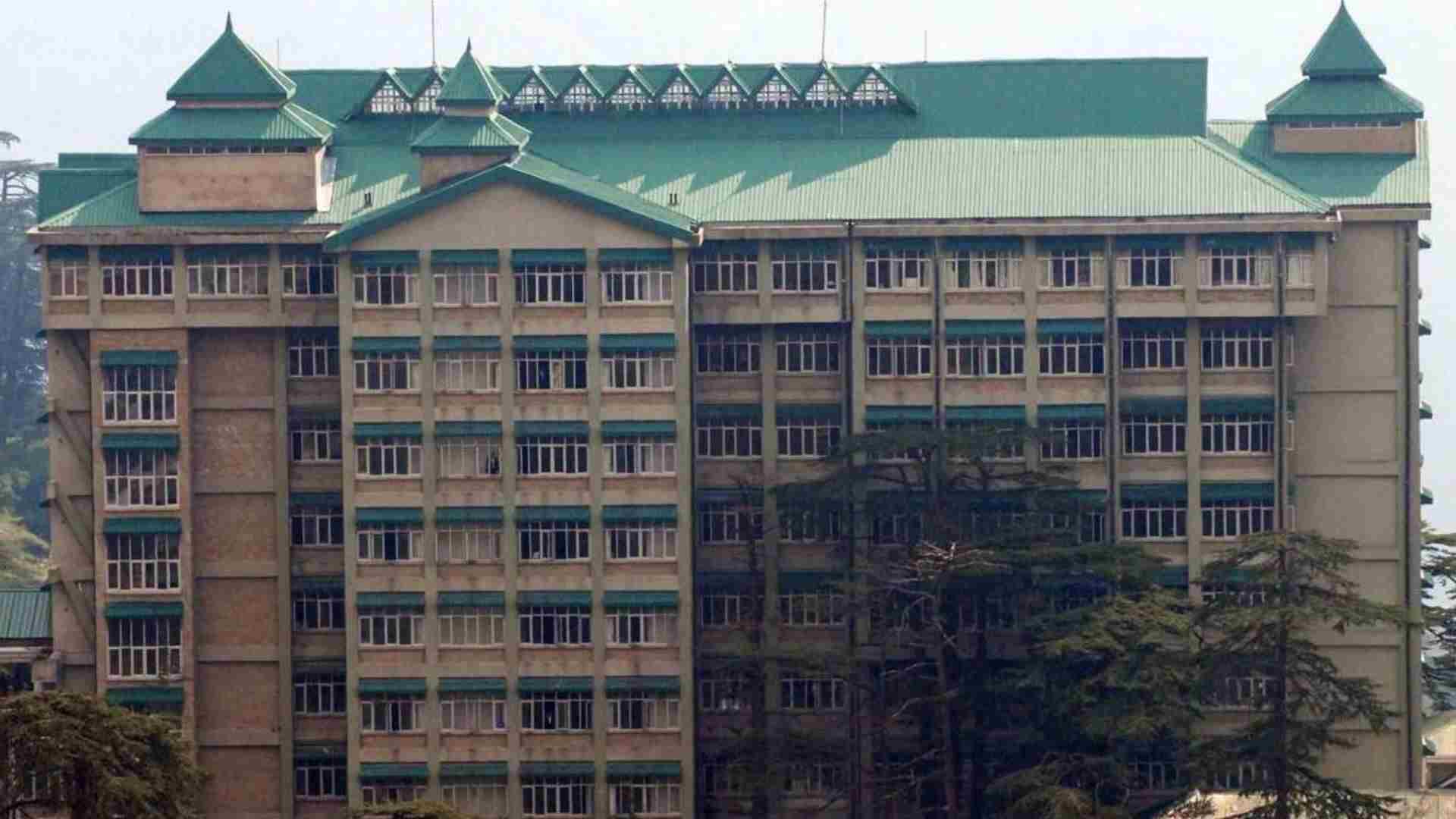SpaceX, the rocket manufacturing company owned by Elon Musk, has reportedly secured a significant contract with India’s space agency, the Indian Space Research Organisation (ISRO). The deal involves launching the GSAT-20 communications satellite using SpaceX’s Falcon 9 rocket. The launch is scheduled for early next week and marks the beginning of a commercial partnership between ISRO and SpaceX.
Why ISRO Chose SpaceX
The GSAT-20 satellite, which weighs 4,700 kg, is too heavy for ISRO’s own rockets, making SpaceX the ideal choice for the launch. The satellite will be launched from Cape Canaveral, USA, and is expected to remain operational for 14 years. This launch marks the first deal under the administration of US President-elect Donald Trump, who is a close associate of Musk.
In the past, ISRO relied on Arianespace, a French commercial launch service provider, for heavy satellite launches. However, Arianespace no longer has operational rockets, and with the ongoing Ukraine conflict limiting options from Russia and China being off-limits, SpaceX emerged as the best alternative for India.
The Satellite’s Role and Cost
The GSAT-20 satellite will provide essential services across India, including internet connectivity to remote areas. The launch cost is estimated to be between $60-70 million. Radhakrishnan Durairaj, Chairman of New Space India Ltd (NSIL), ISRO’s commercial arm, stated, “We got a good deal on this maiden launch with SpaceX.”
SpaceX’s Growing Influence in the Space Industry
While SpaceX and ISRO are often seen as competitors in the low-cost satellite launch sector, SpaceX is widely regarded as the global leader in the space industry. Additionally, SpaceX is making moves in India’s satellite internet market. Elon Musk has been actively lobbying for SpaceX’s Starlink satellite internet service to be approved for use in India, although it still needs to meet Indian security requirements.
Furthermore, India has also struck another deal with SpaceX, valued at $60 million, to send an Indian astronaut to the International Space Station (ISS).
















